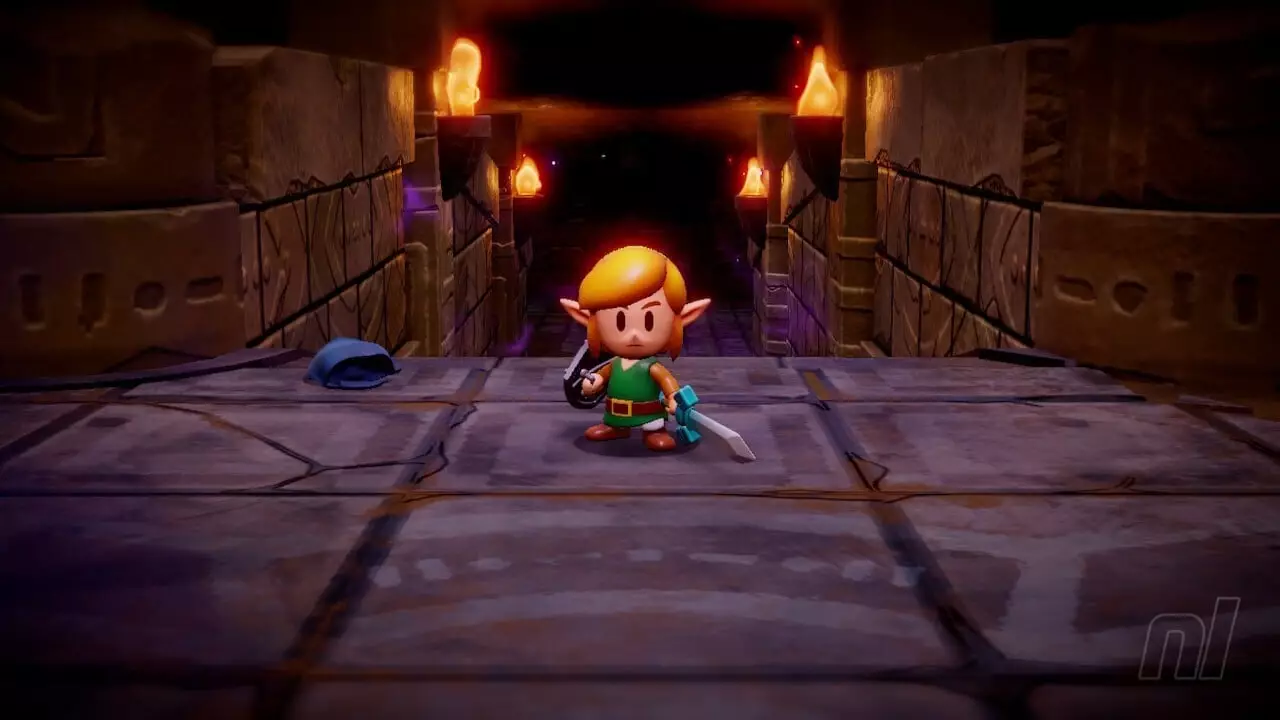The Legend of Zelda series has long been a haven for fans who revel in its enigmatic storytelling, captivating characters, and immersive gameplay. With the release of *Echoes of Wisdom*, the franchise ventures into uncharted territory by allowing fans to step into the shoes of Princess Zelda herself. This pivotal change in dynamics presents an exciting opportunity for richer narratives and character development. However, the game also introduces a peculiar facet that underscores the character of Link: his unexpected muteness.
This article delves into the reasons behind Link’s inability to speak in *Echoes of Wisdom*, exploring its implications on character development, gameplay, and narrative coherence.
For the first time in a mainline Zelda title, Link’s silence is more than just a quirk; it serves a narrative purpose that adds depth to the game’s atmosphere. Initially, players might associate Link’s lack of dialogue with the traditional gameplay mechanics that have defined the series for decades. He communicates through grunts and gestures, embodying a hero whose actions speak louder than words. Yet, *Echoes of Wisdom* presents a compelling backstory that contextualizes Link’s silence in a way that is both unexpected and poignant.
As players progress through the game, they discover a diary belonging to Lueberry, a character entwined with the story’s unfolding events. Inside the diary lies a revelation: Link, like many other children trapped in rifts, has “lost” something significant—his ability to speak. This insight connects Link’s struggle to a broader narrative framework, emphasizing themes of loss, trauma, and resilience. The specific mention of “losing one’s voice” resonates strongly, providing players with a lens through which to empathize with Link’s plight.
Link’s muteness is more than an amusing detail; it injects emotional complexity into a familiar character. The Zelda franchise has often played with themes of identity and transformation. By stripping Link of his voice, *Echoes of Wisdom* invites players to reconsider what it means to be a hero in a world beset by chaos. The absence of spoken dialogue emphasizes the connections formed through non-verbal communication—be it through the support of allies or the shared experiences of those impacted by the rifts.
Moreover, Link’s inability to articulate his thoughts or feelings creates an air of vulnerability. Players are likely to feel a strong urge to protect and empower Link, thereby enhancing the emotional stakes of the gameplay. Because he cannot voice his fears, hopes, or strategies, players may find themselves more invested in their choices, wanting to navigate the world with care and thoughtfulness.
The integration of Link’s muteness into the gameplay mechanics also initiates fresh dialogue about player interaction and agency. Traditionally, players could use dialogue choices to express their desires through Link’s character. In *Echoes of Wisdom*, players experience a shift in how they engage with the world and its inhabitants. The absence of Link’s verbal input necessitates a greater focus on observation and interpretation, challenging players to infer meaning without overt cues.
This change encourages a deeper level of immersion, as players must navigate dialogues with other characters—most notably Princess Zelda—while interpreting facial expressions and body language. The contrast between Link’s silence and Zelda’s ability to communicate through dialogue highlights the imbalance in their roles and creates a unique interplay between the central characters. This intrigue prompts new questions about power dynamics and representation within the game.
*Echoes of Wisdom* challenges fans’ expectations by presenting Link in a compellingly silent role. While the explanation for his muteness may initially seem simplistic, it ultimately enriches the narrative experience and enhances emotional connections within the game. As players delve deeper into the story, they witness not just a game about quests and adventures but a profound exploration of identity, loss, and communication.
As we journey through Hyrule alongside Link and Zelda, let us reflect on the power of silence. It stands as a tribute to the complexities of narrative storytelling in video games, and a reminder that sometimes, the heart of a hero speaks loudest when words are absent.


Leave a Reply